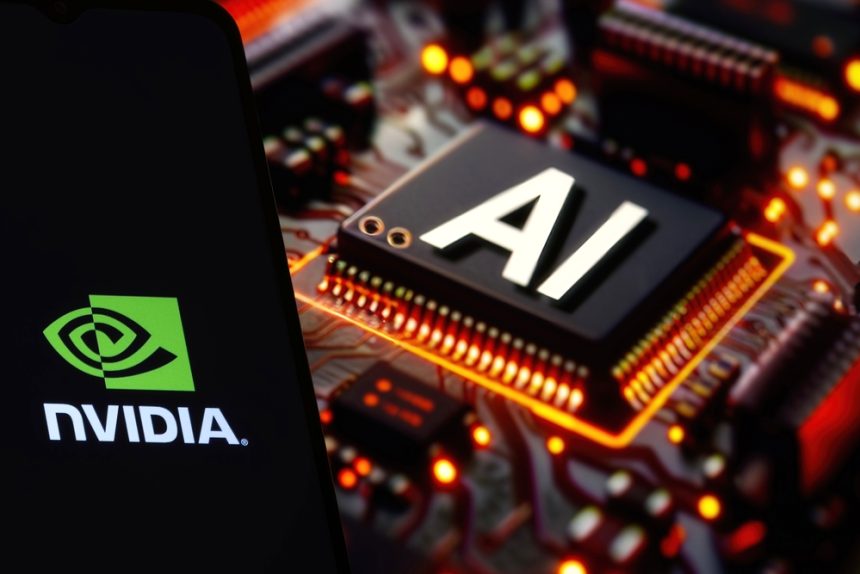Legal Proceedings and Alleged Scheme
The U.S. Department of Justice has charged Chuan Geng (28) and Shiwei Yang (28) of California with illegally exporting advanced Nvidia AI chips, including H100 accelerators and RTX 4090 GPUs, to China without proper licenses. The charges stem from alleged violations of the Export Control Reform Act, exposing them to potential prison terms of up to 20 years. Geng surrendered to authorities and was released on $250,000 bond, while Yang—who had overstayed her visa—is being detained pending a hearing on August 12. Their formal arraignment is set for September 11.
How the Smuggling Allegedly Operated
Geng and Yang operated through their company, ALX Solutions, based in El Monte, California, and allegedly orchestrated more than 20 shipments between October 2022 and July 2025. They allegedly shipped chips to freight forwarding firms in Singapore and Malaysia, falsely claiming shipment destinations while the actual payments were traced to entities in China and Hong Kong, including a $1 million payment received in January 2024. In one instance, an invoice valued at over $28 million falsely declared a Singaporean recipient that did not exist upon inspection by export officers.
Strategic Importance of the Chips Involved
The seized hardware includes Nvidia’s H100 GPUs—widely considered the most advanced GPUs available at the time—and RTX 4090 cards, both critical for high-end AI development, including training large language models and powering autonomous systems and medical diagnostics. These devices require an export license for shipment to China, which the defendants allegedly bypassed.
Context: U.S. Export Controls and Enforcement
The case emerges amid a sustained U.S. effort to limit China’s access to cutting-edge semiconductor technology. Even during the Trump-era export restrictions, investigations revealed that over $1 billion worth of Nvidia chips were smuggled into China through covert networks between May and July 2025. These diversions included B200, H100, and H200 models sold via underground distributors in China.
Nvidia’s Response
Nvidia has emphasized that unauthorized chip usage is ineffective and unsupported. In response to the scandal, the company reiterated that it sells only through vetted partners that comply with U.S. export laws, and that diverted chips receive no official service, software support, or updates. The firm also recently denied claims that its chips contain hidden surveillance backdoors and cautioned against any government-mandated tracking or location verification functions, citing potential cybersecurity risks.
Broader Implications for U.S.-China Tech Competition
This case illustrates both the challenges of enforcing export controls and the lengths to which smugglers will go to furnish Chinese entities with restricted technology. It underscores the limits of hardware-centered restrictions—echoing academic findings that AI labs in China adapt around hardware limits using software optimization techniques—often rendering export measures insufficient to fully contain technological spillover. The ongoing battle underscores critical tensions in global technology governance, national security, and geopolitical rivalry over AI supremacy.
This case sheds light on the persistent struggle to enforce export controls amid a highly profitable and resourceful illicit chip market—particularly as U.S. and Chinese policies grow increasingly at odds in the race for AI dominance.











